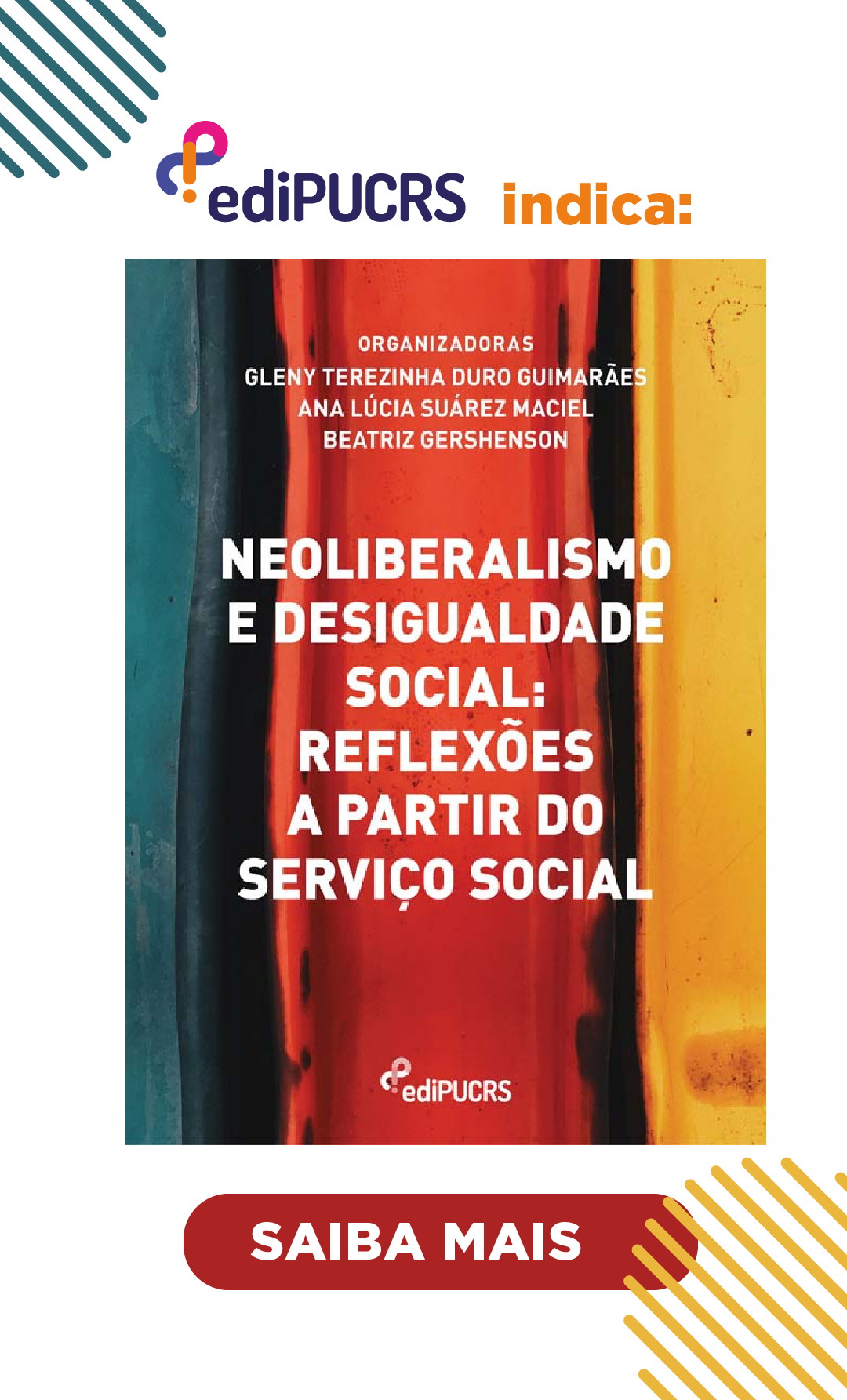Popular Solidarity Economy in Rio Pardo Valley: developed work processes
Abstract
The cooperatives and work associations were created in Brazil, in the last decades of the century XX, as one in the ways of generating work and income to the subjects that are excluded of the formal market of work. This article refers to a research that had as objective analyzes the organization of the work processes developed in three cooperatives and an association, existent in Rio Grande do Sul. With the accomplishment of this research it can be verified that, in a first moment, it is the possibility to generate work and income that causes the workers' insert in those collective enterprises. However, there are other important characteristics in the constitution of those experiences and of their work processes. The members of the cooperatives and association can elaborate their own rules and norms of the production and of administration of the enterprises. They also deserves reference, the process of participation of the subjects in the decisions and in the activities that develop, making possible that those enterprises become self directed – except for a cooperative –, as well as the direction of the activities made by the workers in the work processes. For the development of those enterprises, it is done necessary, however, the incentive of the public power, by public politics that finances and advises those experiences.Key words – Restructuring of the capital. Solidary popular economy. Processes of work.
Downloads
Downloads
Published
How to Cite
Issue
Section
License
Copyright
The submission of originals to Textos & Contextos (Porto Alegre) implies the transfer by the authors of the right for publication. Authors retain copyright and grant the journal right of first publication. If the authors wish to include the same data into another publication, they must cite Textos & Contextos (Porto Alegre) as the site of original publication.
Creative Commons License
Except where otherwise specified, material published in this journal is licensed under a Creative Commons Attribution 4.0 International license, which allows unrestricted use, distribution and reproduction in any medium, provided the original publication is correctly cited.





